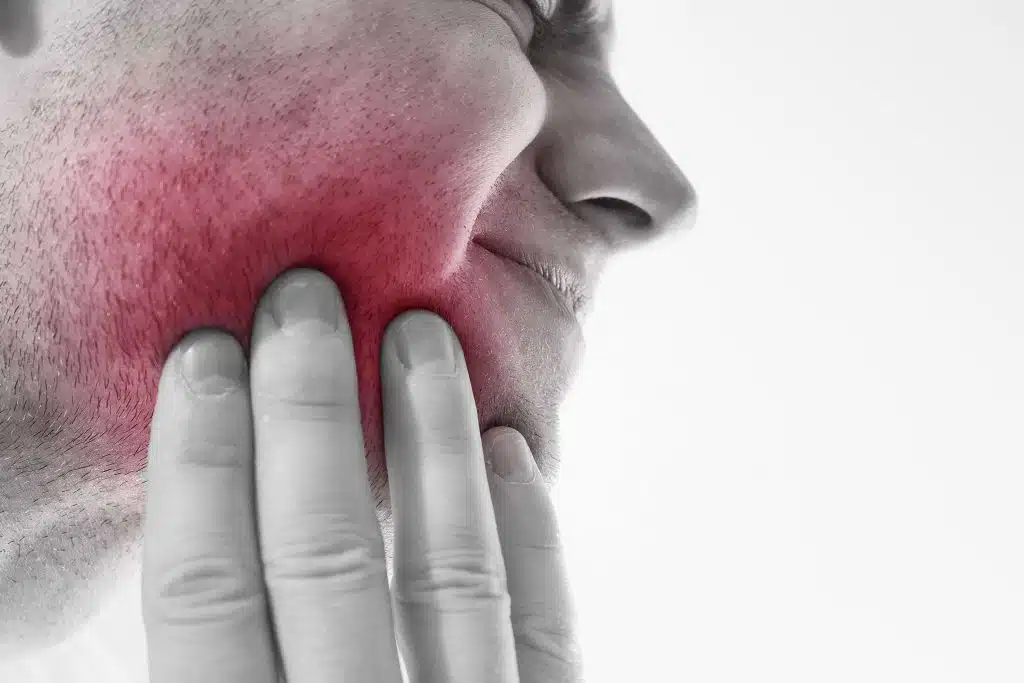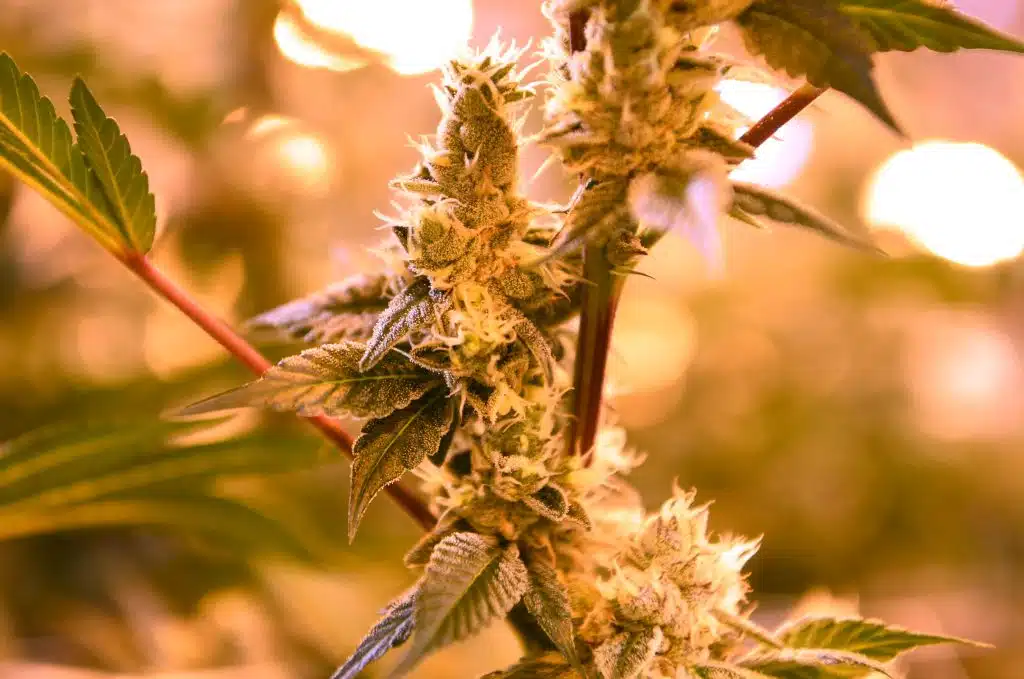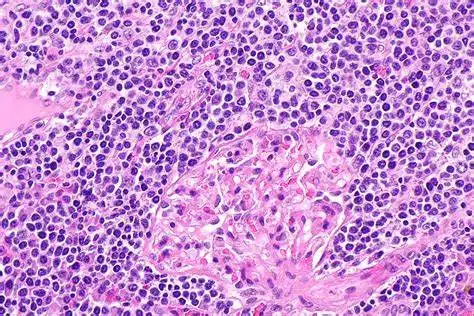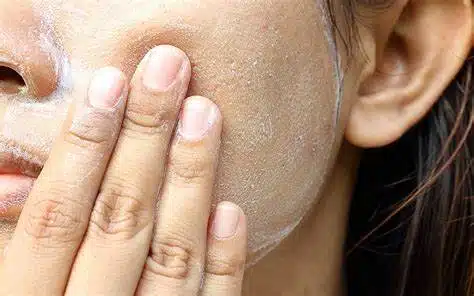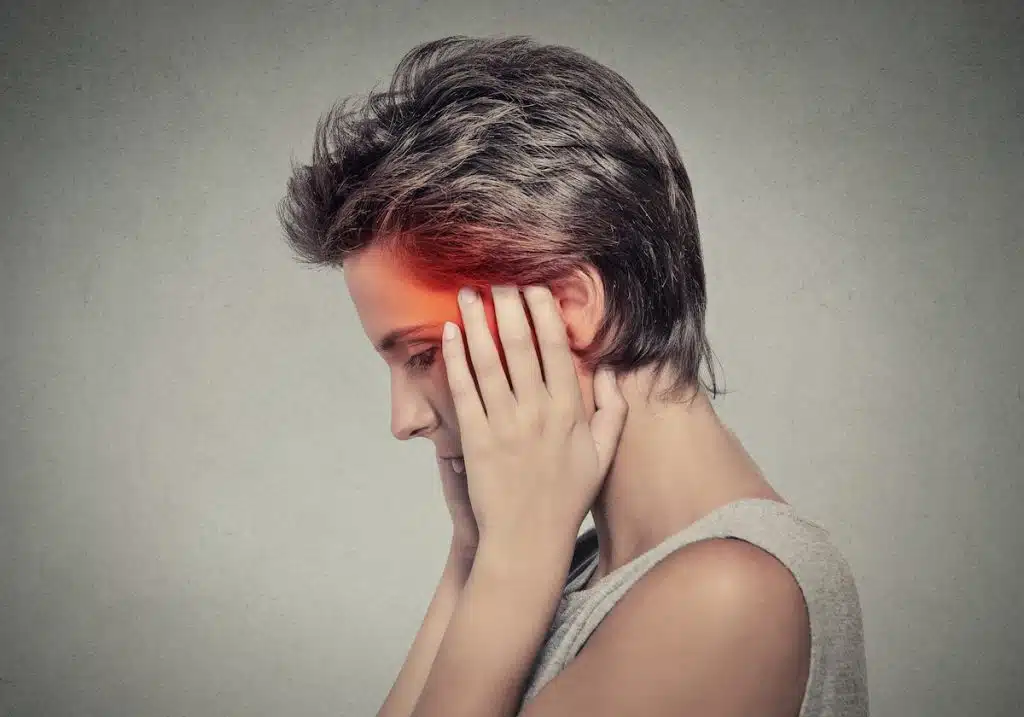Psoriasis: Can It Be Treated With Cannabis?
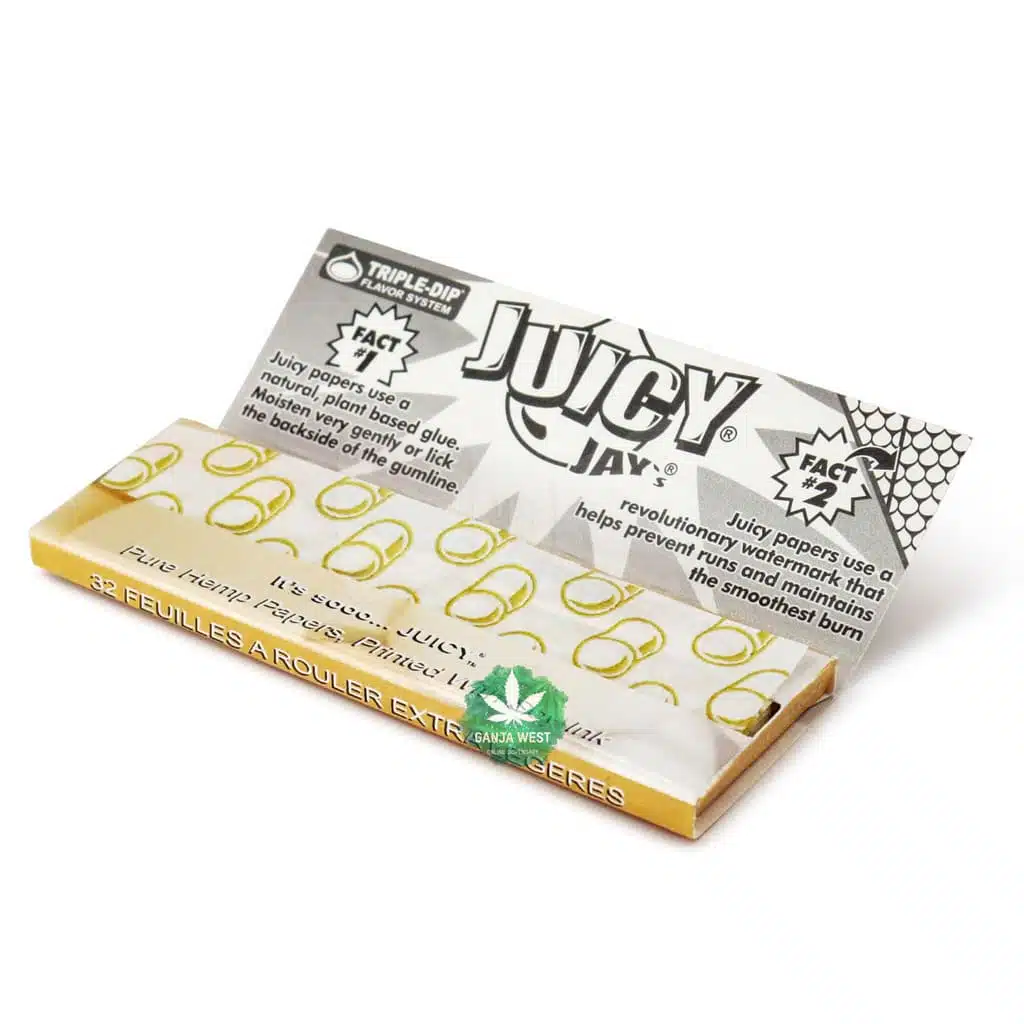
Psoriasis: Can It Be Treated With Cannabis?
Do you or someone you know suffer from psoriasis? If yes, then it’s time to get acquainted with cannabis. This is because experts believe that this psychoactive compound has powerful anti-psoriatic properties.
What is cannabis?
Cannabis, also known as marijuana, is a plant that has been used for both recreational and medicinal purposes for thousands of years. The plant contains over 100 different compounds, known as cannabinoids, which are responsible for its various effects on the body and mind. The two most well-known cannabinoids are tetrahydrocannabinol (THC) and cannabidiol (CBD). THC is responsible for the plant’s psychoactive effects, while CBD is non-psychoactive and has been shown to have a wide range of potential therapeutic benefits. That is why there are so many people who are turning to this plant for healing and treatment of psoriasis. In case you do not know much about this plant, we will explain in detail what it is and what it does. So keep reading to get an insight into the fascinating world of cannabis!
What is psoriasis?
Psoriasis is a chronic skin condition that causes cells to build up rapidly on the surface of the skin. This can lead to thick, scaly patches that are often red and itchy. The exact is not fully understood, but it is thought to be related to the immune system and genetics. There is no known cure, but there are various treatments available to manage the symptoms.
How can cannabis relieve psoriasis?
Cannabis has been shown to have anti-inflammatory and immune-modulating properties, which can help to reduce the symptoms. In particular, CBD has been shown to have a significant anti-inflammatory effect and has been shown to be effective in reducing redness, itching, and scaling associated. In addition, CBD may also be able to slow the growth of skin cells, which can help to reduce the thickness of psoriatic plaques.
Is THC or CBD better for psoriasis?
Both THC and CBD have anti-inflammatory properties and can potentially relieve symptoms of psoriasis. However, CBD is non-psychoactive and does not produce the “high” associated with THC. This may make it a better option for some people, particularly if they are concerned about the psychoactive effects of THC. Additionally, CBD has been shown to be more effective in reducing inflammation than THC.
What are the best types of cannabis products for psoriasis treatment?
The best types of cannabis products for psoriasis treatment are those that are high in CBD and low in THC. Topical creams and ointments that contain CBD have been found to be particularly effective in reducing the symptoms. In addition, CBD oil can also be taken orally and may be effective in reducing symptoms from the inside out.
Can cannabis cure it?
There is no cure for psoriasis, and cannabis is not a cure for the condition. However, it can be an effective treatment for managing the symptoms and improving the overall quality of life for those who suffer from the condition.
Is cannabis the best treatment?
Cannabis is not the only treatment option for psoriasis, but it may be an effective alternative or addition to traditional treatments. It is important to speak with a healthcare professional to determine the best course of treatment for an individual’s specific needs.
How does THC affect psoriasis?
THC has anti-inflammatory properties and can help to reduce symptoms. However, it also has psychoactive effects and can cause “high” associated with THC. This may make it less suitable for some individuals.
How does CBD affect psoriasis?
CBD has been shown to have a significant anti-inflammatory effect and has been shown to be effective in reducing redness, itching, and scaling associated with psoriasis. Additionally, CBD may also be able to slow the growth of skin cells, which can help to reduce the thickness of psoriatic plaques.
How is psoriasis traditionally treated?
Psoriasis is a chronic autoimmune disorder that causes the rapid buildup of skin cells. This results in thick, red, scaly patches on the skin’s surface, which are often itchy and painful. Traditional treatments for psoriasis include:
- Topical Treatments: These are creams, ointments, or lotions that are applied directly to the skin. They include corticosteroids, which are anti-inflammatory medications that can reduce redness and itching, as well as vitamin D analogues, which slow down the growth of skin cells. Coal tar and salicylic acid are also commonly used topical treatments.
- Light Therapy: This type of treatment involves exposing the skin to ultraviolet (UV) light. UVB light therapy is most commonly used, and it can be administered in a doctor’s office or at home with a UVB lamp.
- Oral Medications: Oral medications can be used in addition to or in place of topical treatments. These include retinoids, which are derived from vitamin A and slow down the growth of skin cells, as well as methotrexate, which is an immunosuppressant that can reduce inflammation.
- Biologic Therapies: Biologic therapies are medications that are made from living organisms or contain components of living organisms. They target specific parts of the immune system that are involved in psoriasis. Examples of biologic therapies include adalimumab, ustekinumab, and secukinumab.
- Lifestyle changes: Certain lifestyle changes like maintaining a healthy diet, regular exercise, stress management, and quitting smoking can help to control psoriasis symptoms.
It’s important to note that the treatment plan for psoriasis will vary for each individual, as the severity and type of psoriasis can vary greatly. In addition, traditional treatments may not be suitable for all individuals and some may require a combination of treatments to manage their symptoms effectively. Your dermatologist or healthcare provider will be able to recommend the most appropriate treatment plan for your specific case.
Conclusion
With the rise in popularity of medical marijuana and the growing research on cannabis and its benefits, there are many people who are turning to this plant for healing and treatment of psoriasis. Research shows that this plant can help to manage and relieve the symptoms of psoriasis, such as itching and redness. Cannabis, specifically CBD, has shown promise as a treatment option for psoriasis. Its anti-inflammatory and immune-modulating properties can help to reduce the symptoms of psoriasis, such as redness, itching, and scaling. Topical creams and ointments containing CBD, as well as oral CBD oil, are some of the best types of cannabis products for psoriasis treatment. However, it is important to note that cannabis is not a cure for psoriasis and should be used in conjunction with other treatments recommended by a healthcare professional. Additionally, it is important to be aware of the potential psychoactive effects of THC, which may make it less suitable for some individuals with psoriasis. Overall, more research is needed to fully understand the potential benefits and drawbacks of using cannabis as a treatment for psoriasis. If you are interested in cannabis, check out Ganja West online dispensary at ganjawest.co and pick up some bud!


